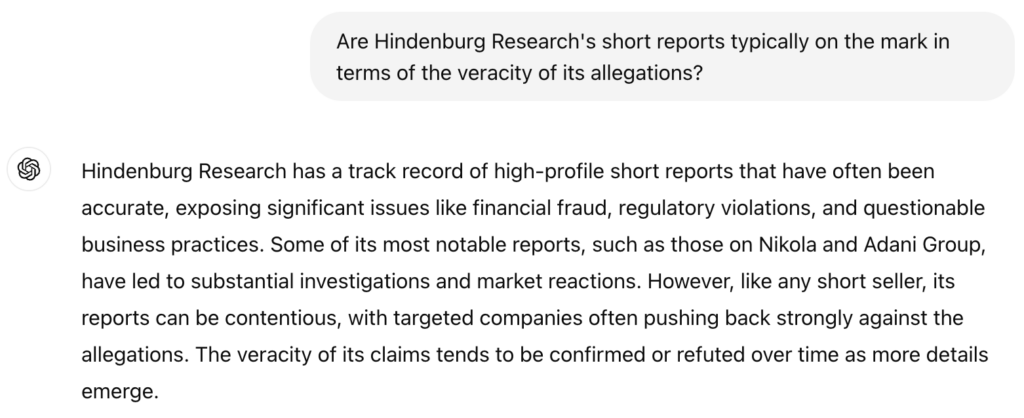Welcome to the newest edition of FindBiometrics’ AI update. Here’s the latest big news on the shifting landscape of AI and identity technology:

The Council of Europe has established a legally binding treaty for AI, aiming to ensure that the technology aligns with human rights, democracy, and the rule of law. Some critics believe its exemptions for activities related to national security and research are too broad. Signatories include Andorra, Georgia, Iceland, Norway, the Republic of Moldova, San Marino, the UK, Israel, the US, and the EU.
Sakana AI has raised over $100 million in a Series A funding round featuring Nvidia, New Enterprise Associates, Khosla Ventures, and Lux Capital. The Tokyo-based startup was founded last year by former Google engineers, and claims that its algorithms mimic the process of natural selection to efficiently automate AI model training.
Safe Superintelligence (SSI) has raised $1 billion in funding, with its valuation reportedly at $5 billion. SSI was established in June and has only 10 employees, but investors are putting a lot of faith in co-founder Ilya Sutskever, who had also co-founded OpenAI, a firm he is thought to have departed over concerns about AI safety.
OpenAI now has over a million paid users for its ChatGPT Team and Enterprise products aimed at businesses, as well as ChatGPT Edu for universities. That’s up from 600,000 such customers in April. Nearly half of its corporate users are in the US, followed by sizeable user bases in Germany, Japan, and the UK.
xAI claims to have a new AI training cluster comprising 100,000 Nvidia H100 GPUs, which CEO Elon Musk calls “the most powerful AI training system in the world.” Musk says the “Colossus” cluster will double in size “in a few months”, and will incorporate 50,000 of Nvidia’s newer H200 chips.
Super Micro Computer has been accused of “accounting manipulation” and failing to adhere to export controls by the short seller Hindenburg Research. San Jose-based Super Micro, which makes high-performance servers used in AI training, delayed the filing of its annual report, but also denied Hindenburg’s allegations.
YouTube has announced two new tools aimed at helping content creators deal with deepfakes. One of them, “Content ID”, is designed to automatically detect AI-generated content that simulates someone’s singing. Another, unnamed tool that is still under development will let creators, actors, and others “detect and manage AI-generated content showing their faces on YouTube,” according to a blog post.
The chatbot’s take: We wanted to see if GPT-4o is short Hindenburg.

–
September 6, 2024 – by Alex Perala








Follow Us